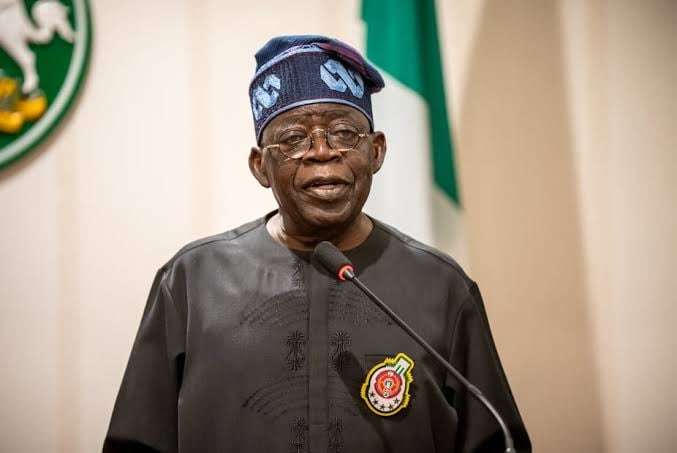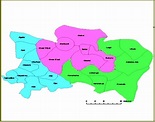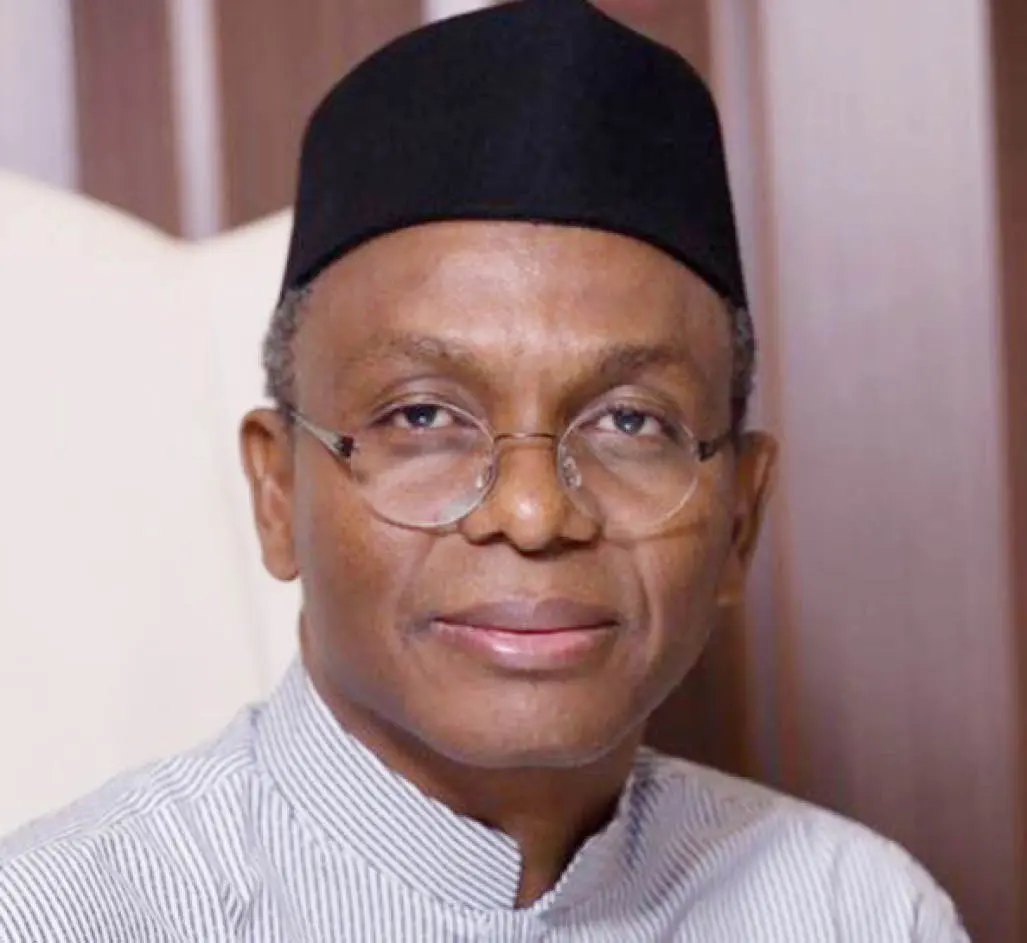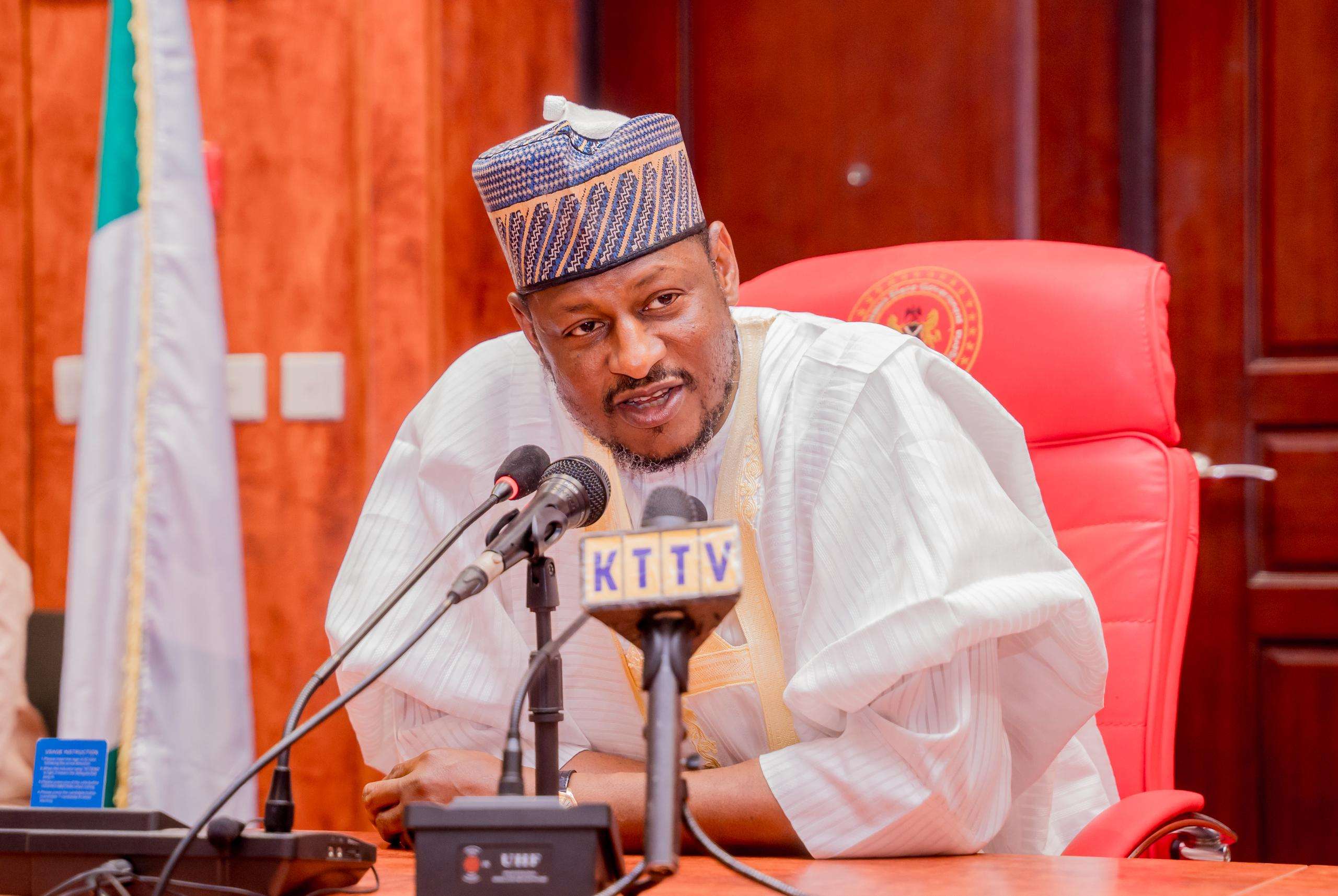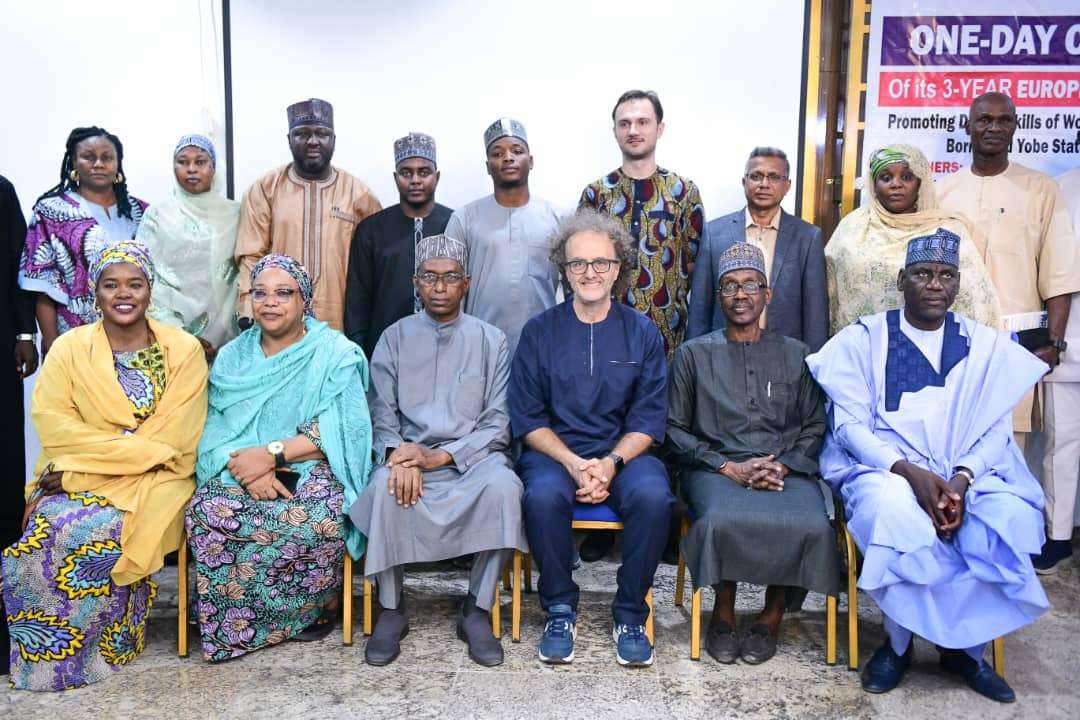The new leadership of the Economic Community of West African States, ECOWAS has been charged to foster unity and solidarity among member states, especially on reuniting Mali, Niger, and Burkina Faso to the sub-regional organization.
This is coming after the President of Sierra Leone Julius Bio assumed chairmanship of the bloc on Sunday 22nd June, 2025 at the Authority’s 67th Ordinary Session in Abuja.
The event marked the end of the two-year tenure of President Bola Tinubu, with the symbolic handover of the Emblem.
While expressing concern on the critical role of ECOWAS in enhancing sustainable socio-economic development and peace in Africa, a solicitor and advocate of international law, Paul Adole Ejembi, called for the adoption of different strategies such as conflict prevention, combating crime, peace building, and counter terrorism to proffer solutions to the challenges of the organisation.
The Legal practitioner emphasised the need for ECOWAS’s new leadership to be determined, diplomatic and sensitive to the demands and aspirations of the countries concerned and address issues that led to the withdrawal of Mali, Niger and Burkina Faso in 2023.
“The foremost task of the new leadership of ECOWAS led by President Julius Maase Bio of Sierra Leone is to galvanise unity and solidarity among member states of ECOWAS. He faces the Herculean task of wooing Mali, Niger, and Burkina Faso back to ECOWAS”. He said.
Ejembi, who is a Lecturer in the Department of International Law and Jurisprudence, Faculty of Law, Reverend Father Moses Orshio Adasu University, (formerly Benue State University) Makurdi, further charged the incumbent leadership to engender the implementation of extant and relevant protocols to provide a robust framework for collective security and peace in West Africa.
“It is also incumbent on the leadership to engender implementation of extant and relevant protocols such as the Protocol on Non Aggression (1978), Protocol Relating to Mutual Assistance on Defence (1981), and Protocol relating to the Mechanism for Conflict Prevention, Management, Resolution, Peacekeeping and Security (1999), to provide a robust framework for collective security and Peace on the West African Sub Region”. He noted.
Ejembi added that the upsurge in crime occasioned by the wanton destruction of lives and properties across Benue State, Nigeria, and other West African States, is a wakeup call on ECOWAS to address the issues of political instability, military coups, and security threats such as terrorism within the West African Sub-region.

